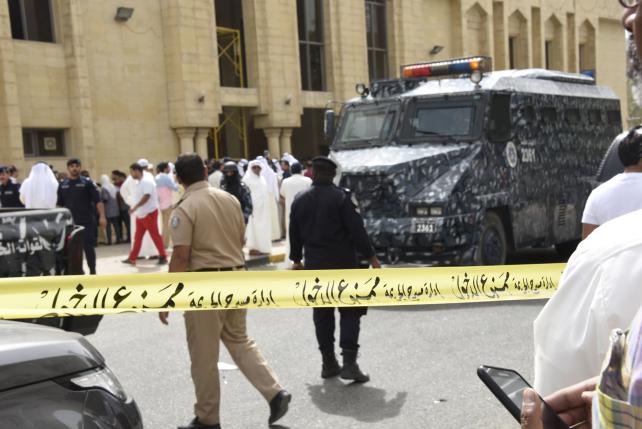
Kuwaiti investigators looking into the deadly Shia mosque bombing are planning to charge at least 40 people, including a number of women, for aiding the Isis-linked suicide bomber, who carried out the attack on 26 June.
The investigators had identified the Kuwait mosque bomber last week as Saudi national Fahad Suleiman Abdulmohsen Al Gabbaa, who flew into the country just hours before the bombing. Al Jazeera reported it was a first that Al Gabbaa was flying out of the country.
Investigations also revealed that Al Gabbaa was helped by a Kuwaiti national, who sheltered him at his home, while his driver dropped him outside the Imam Al-Sadiq mosque minutes before the Friday suicide bombing on 26 June.
A security official, who did not want to be identified, told AFP that the investigators have identified more than 40 people, including a number of women, with links to the Isis bomber.
The names will be presented to the prosecution and it will be up to the court to decide how it wants to take the matter forward, the official told AFP.
Now, it is up to the prosecution whether to press charges against all of them or not," the official said.
In the suicide attack at the Imam Al-Sadiq mosque, 27 people were killed and 227 were injured. There were 2,000 worshippers inside the mosque when the bomber blew himself up.
In the aftermath of the attack, Kuwait detained 90 people with suspected links to the Isis; shut down a charity that was allegedly funding Syrian jihadist movements and passed a resolution making it mandatory for authorities to keep the DNA records of its residents.











